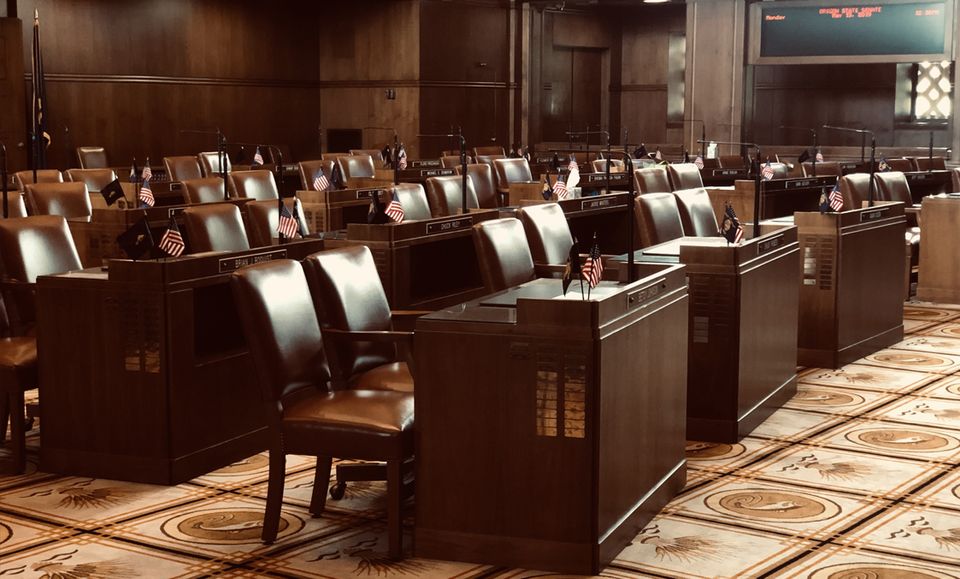Presiding Officers Declare Sine Die Imminent

On Tuesday, the House Speaker and Senate President declared sine die, or adjournment, to be imminent. The announcement, although it may seem an encouraging sign the session is coming to a quick end, invokes a customary rule used at the end of a session to drastically increase the speed at which measures move through the process. The rule allows the presiding officers to suspend the parliamentary procedure requiring committees to provide 48-hour notice before a committee takes final action on a measure. Instead, the committees only need to provide one-hour notice for hearings and amendments before considering legislation. In practical terms, the rule change means there will be less time for lawmakers and the public to review and respond to legislative actions, which has already proven to create new challenges in this virtual environment.
Despite the policy committees completing their work for the session, the legislature is still considering major legislation in the final weeks of the session. For example, the House Rules Committee has spent much of the session contemplating proposals to reform the campaign finance system and impose contribution limits. However, earlier this week, the committee signaled that it might abandon the effort and, instead, focus on a state-funded program to match donations raised by campaigns from small-dollar donors. The pivot comes after Oregonians approved a constitutional amendment less than a year ago to provide the legislature with the legal authority needed to impose contribution limits. According to The Oregonian, some good government groups may advance another ballot initiative with their proposal for contribution limits and disclosure requirements.
The budget- and tax-writing committees are also starting to pick up the pace of their activity as the legislature heads into its final weeks. The Ways & Means Committee, which has spent most of its time focusing on agency budgets, will soon begin referring policy measures requiring appropriation to its subcommittees. These referrals function as a sink or swim moment for hundreds of bills awaiting further consideration. If a measure awaiting a referral is not assigned to a subcommittee, it will more likely than not die for the session. Meanwhile, the Joint Committee on Tax Expenditures has started holding hearings on credits and other revenue-related spending programs for the session’s omnibus tax package. Although the committee’s primary focus is to review tax credits, the workload has evolved in recent years to include tax and fiscal policy, more generally, and, at times, major policy reforms affecting a broad swath of taxpayers. Moreover, it is most certainly one of the driving forces as lawmakers seek to make their final political negotiations.





